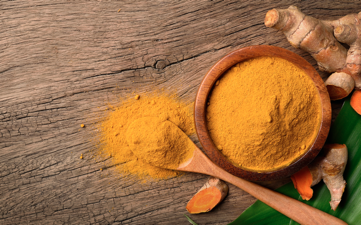
As reported in a previous article, in order to clarify the novel food status of highly purified Curcuma extracts, the Italian Ministry of Health has consulted with the other Member States to gather more information on the significant use of curcuma extracts in the EU. The outcome of the consultation is that a curcuma extract from the rhizome of Curcuma longa L. containing up to 95 % curcuminoids (mainly consisting of curcumin, and, to a lesser extent, demethoxycurcumin and bisdemethoxycurcumin) is not to be classified as a novel food when used in food supplements. Use in foods other than food supplements still requires a novel food authorisation, as indicated in the entry on curcuminoids/curcumin in the Novel Food Catalogue.
Beware of the difference between curcuminoids and curcumin
However, the Italian authoritiy has issued another press release clarifying that no significant use has been demonstrated for extracts with a curcumin content of up to 95 %, which hence are considered novel. The subtle difference between curcuminoids and curcumin is tiny but crucial for assessing the novel food status of Curcuma extracts.
In addition, the bioavailability must be considered
Another fact that could render a Curcuma extract novel is improved solubility or bioavailability. Turmeric preparations with increased bioavailability are very likely to be classified as novel. If the novel food status of your product is also unclear and you need regulatory consulting, please contact us.
